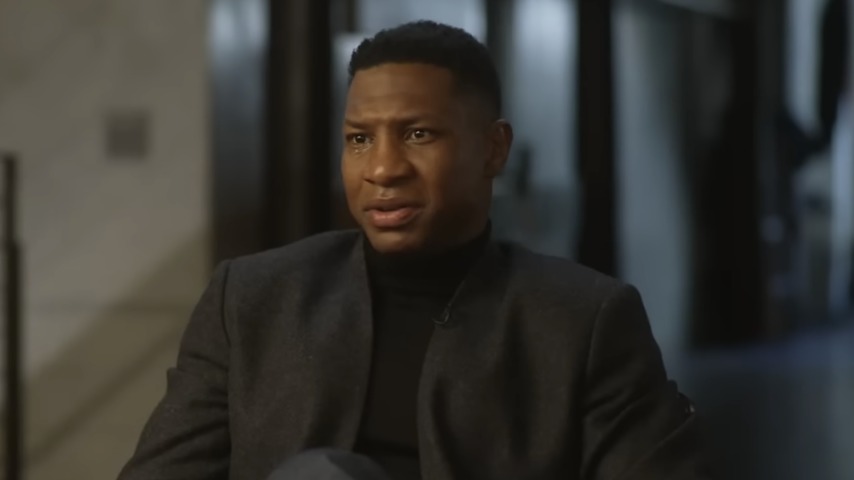According to the piece, the publicists believe that Majors went through a media bootcamp akin to “how you prep a candidate before a televised debate,” Evan Nierman, founder and CEO of Red Banyan, told Vulture. Others, like Harvey Weinstein’s crisis manager Juda Engelmayer, base their strategy on empathy. “I sit there and listen to somebody, and really understand and distill what they’re saying. Then I have to go figure out the right narrative and how to present it to a broad audience.” Engelmayer would have to “soul-search a bit,” talking to his girlfriend or kids to see what they “would roll their eyes at.” To which we ask, none of them rolled their eyes at Weinstein?
But we digress. Though most assume crisis management firms will work with anybody, there are limits to who these publicists will work for, too. Nierman won’t work with anyone he believes is lying to them, while Engelmayer draws the line at child abuse. The piece is a fascinating and grounded look at one of the most salacious avenues in media relations. Though not every point is particularly revelatory, it does create a framework for how these operations work and why some appear more successful than others.
Majors’ comeback doesn’t seem likely to take, considering Magazine Dreams’ dismal reviews and box office returns (The A.V. Club called it “an unmitigated disaster and reckless display of lazy screenwriting”). That, and he was caught on tape admitting to strangling his girlfriend, undoing whatever goodwill he managed to salvage in his press tour. However, as America continues to undo the modest gains of the #MeToo movement via the sexist backlash that resulted in the overturning of Roe v. Wade, the second Trump administration, and the Amber Heard-Johnny Depp trial, which is replaying itself in the Justin Baldoni-Blake Lively dispute, we expect to see these strategies used for many years to come.
Read the whole thing at Vulture.









































